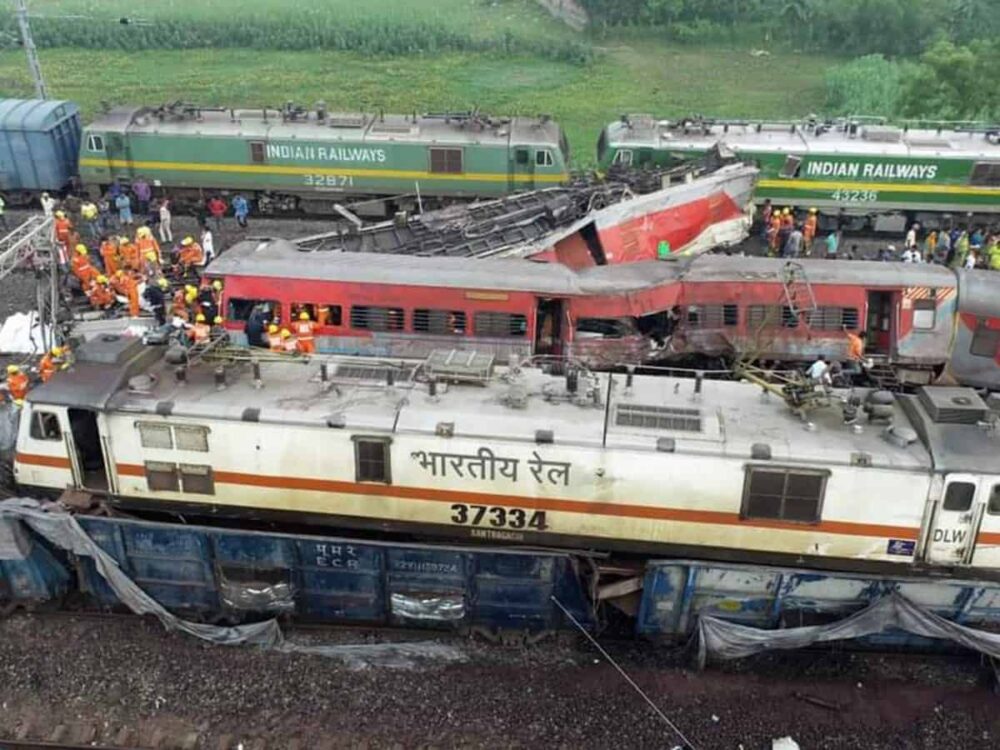Rising Role of Women in Indian Politics: A Journey Towards Empowerment

In a nation where the spectrum of societal progress is measured by its treatment of women, India’s evolving political landscape is painting a hopeful picture. With half of its population being female, India’s journey towards gender equality and women’s empowerment has been a focal point of societal and political transformations. Particularly, the period following the 2014 general elections has witnessed a remarkable shift in the representation and role of women in Indian politics.
By Rukmani Singh | Lawyer, Social-Political Activist
An adage holds true: a society’s advancement is mirrored in its respect and esteem for its women. From the grassroots to the grand halls of parliament, female politicians are no longer confined to the peripheries but stand on equal footing with their male counterparts. For the first time since gaining independence, India proudly hosts its highest number of female Members of Parliament (MPs) in the 17th Lok Sabha, a resounding 78 representatives asserting their voices within the lower house of the parliament.
Under the astute leadership of Prime Minister Narendra Modi’s government, crucial steps have been taken to empower women in the domain of local governance as well. A parliamentary panel, operating under the aegis of PM Modi’s administration, has been diligently working to bolster women’s influence within Panchayati Raj institutions. Through strategic training and capacity-building initiatives, the government seeks to challenge and dismantle patriarchal practices, such as the use of proxy terms like “Sarpanch pati” or “Pradhan pati,” where husbands seek to act as surrogates for duly elected women sarpanches. The result? An impressive increase in the number of female Sarpanches, with nearly 46% of the over 31.88 lakh elected representatives being women, effectively demonstrating their growing presence and influence. Yet, this journey towards empowerment has not been without its trials and tribulations. Women have battled against centuries-old stereotypes and systemic discrimination, enduring isolation and subjugation in their quest for a prominent place in the political arena. Historically, politics has been dominated by men, and female leaders often found themselves disrespected, overshadowed, and subjected to a culture rife with sexism. Instances of female relatives masquerading as proxies while their male counterparts truly wielded the reins shed light on the deep-rooted challenges that women faced. The narrative that a female leader’s ascent in the political realm necessitates a godfather, husband, or a family already entrenched in politics has been a pervasive stereotype, fueled by the dynastic nature of politics. However, the advent of the Modi-led BJP government marked a turning point. Not only has the government endeavored to augment female representation in politics, but it has also inducted 11 women into its Cabinet, a record-breaking number of women ministers in the Union government. The groundbreaking inclusion of India’s first female defense minister showcases an inspiring triumph of women’s empowerment.
Prime Minister Narendra Modi’s government has ushered in a wave of change that has not only redefined the political landscape but has also tackled sensitive issues head-on. In a watershed moment, Modi addressed the taboo topic of menstrual hygiene and sanitation from the ramparts of the Red Fort. His visionary approach extended to acknowledging women’s safety and dignity by advocating for the construction of toilets, alleviating the vulnerability that women faced due to open defecation. Furthermore, the power of women’s voices is reflected in the evolving dynamics of voter participation. In a stunning reversal, after decades of male dominance at the polls, women’s voter turnout surpassed that of men in the 2019 Lok Sabha elections, standing at 67.18% compared to 67.01% for men. This trend continued in the 2022 Uttar Pradesh assembly elections, where an impressive 62.24% of women exercised their voting rights, surpassing the 59.56% participation rate among men.
These tangible achievements underscore the profound impact of the Modi-led BJP government in instilling confidence among Indian women. Through a series of empowering policies and schemes, the government has dismantled barriers and created an enabling environment for women to emerge as leaders in a traditionally male-dominated bastion. As the nation sets its gaze on the future, it is not far-fetched to envision the realization of the long-anticipated Women’s Reservation Bill. With the groundwork laid and the examples set by the Modi government, this landmark legislation could pave the way for a historic day, symbolizing the collective triumph of Indian women and their ascent to positions of power and influence. In a nation where women’s progress is interwoven with societal growth, the strides made in Indian politics are not just a matter of representation but a testament to the nation’s commitment to equality, dignity, and inclusivity.





